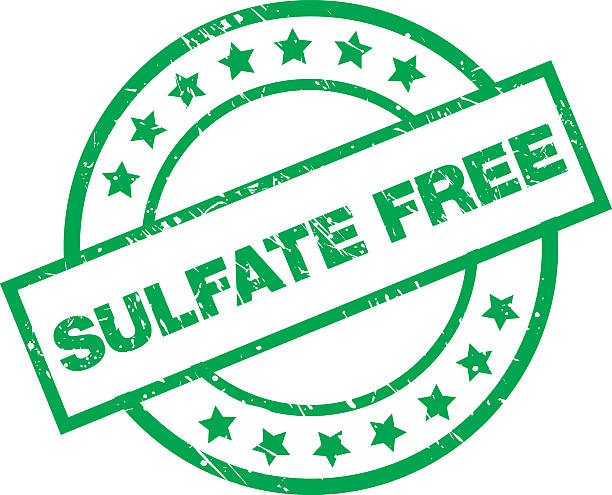
The world around us is changing. Faster than we (and the government) can keep up with. Nowadays, we're surrounded by products, water, and air, that we think are safe, but we actually aren't quite sure. We don't have enough data yet.
It takes time to study new foods, materials, and industrial processes. Take gasoline vehicles for example: they were introduced in the 1800's but it wasn't until 1996 that leaded gasoline was banned, by law. For 100+ years, people were burning leaded gasoline as they drove down the road, slowly poisoning themselves and others, before the government finally conceded that "this might be bad". Today, we face the same issues with our water, air, and everyday products around us.
It's here, it's there, it's everywhere! But seriously, it kind of is all over. Definitely in our clothes. Definitely in our water. Why does it matter? We're pretty sure it messes up human hormones. Like, really sure.
Potential results: infertility, poor fetal development, and various cancers.
The B's. You've probably seen "BPA-Free" on a variety of plastics - water bottles, plastic containers, food packaging, everywhere. What you may not know: BPA is often replaced with BPS or BPF in these products.
"Great!" you might say. "These must be much better for us."
Wrong.
They're simply less studied. In fact, the relatively few studies on BPF and BPS suggest that these compounds may actually be worse.
PM 2.5's - these bad boys are small. Super tiny. Tiny enough to stick in your hair follicles.
Why do they matter? Pm 2.5 exposure is fairly linearly linked to lifespan, not to even mention "health-span". And they come from all over! Vehicle exhaust, cooking, fires, planes, power generation, you name it. Any combustion process, really.
Fortunately, there are some simple measures you can take to reduce these in your living space, work space, and when you're out and about.
Toxin free products are those which do not leach or spread known health disrupting chemicals such as PFAS, BPA's, pesticides, microplastics, heavy metals, etc. Check out our Tested Products page where we review toxin free or toxin-reducing products.
Skincare is tough. Every label has hundreds of ingredients. We recommend avoiding parabens (often in scents), sulfates, phthalates, and others. Read more under our Skincare page.
Air quality in the home is disrupted in a few ways. The top things you can do include venting air while cooking, purchasing a portable HEPA filter and air quality monitor, and circulating air while sleeping. Read more on our Air Quality page.
Sadly, most municipal water isn't up to spec with 21st century science. The most fool-proof protection for any drinking water is a Reverse Osmosis system. Read more on our Water Quality page.
Food we buy is often tainted with a variety of chemicals. Metal cans leach BPA, BPS, & BPF; plastic packaging can rub off microplastics and PFAS, and even fresh foods can come laced with pesticides and heavy metals. We dive deep into avoiding these toxins on our Food Quality page.
Endocrine disruptors are things that affect the normal functioning of your hormonal system, leading to unfortunate outcomes like infertility. Many of the toxins we cover on this site are classified as endocrine disruptors, including microplastics, PFAS, parabens, phthalates, heavy metals, pesticides, and many more.
Microplastics are small pieces of plastic (as small as 1 nanometer), which end up in our food and water supplies from industrial processes, breaking down of plastic waste, etc, and can cause a variety of adverse health effects. PFAS are chemicals that are used in a wide variety of everyday items - clothing, flooring, cosmetics, adhesives, etc - that do not break down, but do get into our bodies through breathing, eating, and skin contact.
That's why we're here. To help educate you on making better choices that will lead to toxin-free bodies and toxin-free homes. Checkout our Tested Products pages for the quick, easy, tested solutions.
Yes and no. Yes, to the extent that this worry pushes you towards the simple actions that can be taken (think water filter, air filter, no plastic food storage). The goal should be mitigation, as it is near impossible to completely avoid all toxins. So don't go trashing all your food that came in plastic packaging - sometimes it's unavoidable. We encourage a set it and forget it policy, so that you don't stress out over the minutia.